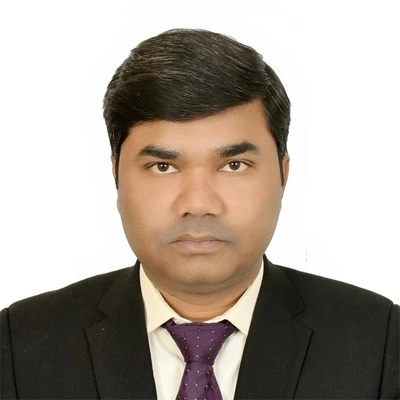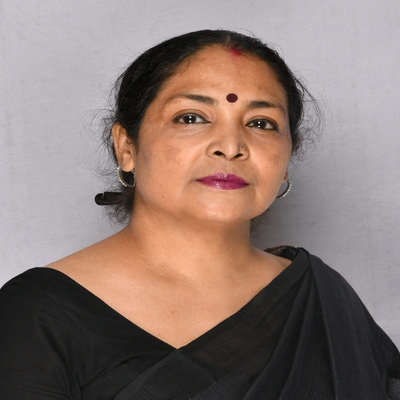Media Line: The Digital Divide
An opinion piece by Dr. Somali Chakraborty
Asst. Professor, Dept. of Media Science,
NSHM KNowledge Campus, Kolkata
Yet another chef-d’oeuvre of Hollywood was released during the end of the previous millennium – ‘Castaway’. Released in 2000, it was a film based on the struggle of the protagonist (Tom Hanks) in a remote island off the South Pacific Coast. It depicted the pain and agony of a man, when he is cast away from his society, more interestingly, when he returns. However, our society is more troubled by ‘caste away’. Yes, the neo–casteism.
Though officially the caste system was abolished from India in 1950, and expected to be non-existent in other parts of the world too, it does exist with a new veil, as if wearing a N95 mask. Today’s concept of caste and class is very different from the traditional concept of class/caste of the Indian society. Initially Indian caste system was based on division of labour i.e. for the sake of economic and cultural arrangements. Therefore, as of all of us are cognizant, there were four castes or classes in the Indian society: Brahmin, Kshatriya, Vaishya and Shudra. As and when the society started becoming complex, economic activities could not just be limited to the above four categories. Thus various sub-castes and creeds became prevalent. Howsoever unfair, it must be noted that the division was done on the basis of profession. Later on, it became on the basis of birth. This is when dirt and prejudice entered into the system. A son of a potter had to perform as a potter. He could never take up studies like a Brahmin.
In the 21st century, the threat is not from the traditional categorisation of humans. It has been modified from time to time to serve the purpose of the ‘elites’. The peril these days is posed by the people who run and control the media industry. Media is the fastest means or path of reaching the Hoi Polloi or the common mass. Thus people who are in control of this path are undoubtedly the wealthiest lot of the economy because they can monitor and manipulate the information or content and thus rule over the public’s minds.
Today’s society is more of a ‘Media Society’ because all the major estates of the government – legislature, executive & judiciary or the administration and the law enforcing bodies are monitored by the media. Thus a person who is in control of the media is actually the most powerful person in the world. Hence the present social partitions or caste system is based on the reach, access and control of the media. Thus the global village (termed coined by coined by Marshall Mcluhan) has the following types of divisions or castes these days:
- People without access to any form of media
- People with access to media
- People with knowledge of the online platform
- People who have control over messages transmitted to the Hoi Polloi
The Covid 19 crisis has once again proved that the digital divide is grievous than the literacy divide. ‘Digital divide’ needs to be treated as vital and with more significance than the poverty line (Chakraborty: 2020). While this opinion will draw furore of comments, let us very briefly mull on the justification of this statement:
- The attempt to help people below the poverty line will not be possible by merely transferring money and wealth directly, unless the beneficiary is knowledgeable enough to manage finance. There is a famous saying that God helps those who help themselves.
- In order to help ourselves, we need to have a minimum level of education. Education in 2020, especially post Covid-19 era is impossible without the online platform.
- Thus the worst for of segregation of the present society would be the digital divide or may we call it the Media Line (Chakraborty: 2020) in tune of the poverty line. People above the media line are those who have access to the basic technological interface and media platforms while those below the media line are like those below the poverty line,who do not have access to the basic amenities of life.
- The concept of Haves & Have-nots is thus hence newly defined: having or not having access to technology, primarily proper knowledge of internet usage.






